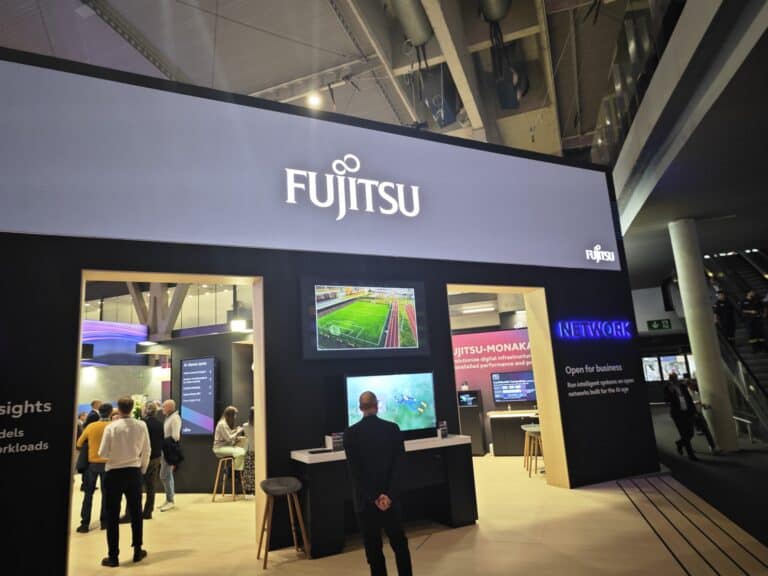Fujitsu has officially kicked off the development of a superconducting quantum computer with 10,000 qubits. The Japanese company aims to complete the project by 2030 as part of a broader government initiative to industrialize quantum computing.
The new machine will use Fujitsu’s proprietary STAR architecture. This technology is designed to operate with 250 logical qubits and is considered an early variant of fault-tolerant quantum computing.
The architecture was unveiled in August 2024 after joint development with Osaka University. The phase-rotation gate-based system promises to outperform conventional computers with 60,000 qubits.
The development process is part of the NEDO program to promote quantum computer industrialization. Fujitsu will work closely with the Japanese institutes AIST and RIKEN until 2027.
Focus on four technological challenges
For successful development, Fujitsu is focusing on critical scaling technologies. First, the company is working on high-throughput qubit production, improving the manufacturing accuracy of Josephson junctions to minimize frequency variations.
The second priority is chip-to-chip interconnection. To this end, Fujitsu is developing advanced wiring and packaging technologies that connect multiple qubit chips for more powerful quantum processors.
Cryogenic cooling and control systems are the third focus area. In this high-density packaging, the team is working to reduce components and heat dissipation for cost-effective qubit control.
The fourth area of research concerns decoding technology for quantum error correction, with algorithms and system designs that decode measurement data and correct calculation errors.
Future plans and applications
After 2030, Fujitsu will continue development with a focus on integrating superconducting and diamond spin-based qubits. The company aims to have a machine with 1,000 logical qubits by fiscal year 2035.
Practical applications are mainly focused on materials science, where complex simulations enable groundbreaking discoveries in various technical fields.
The RIKEN RQC-Fujitsu Collaboration Center has already delivered impressive results. In October 2023, it introduced a 64-qubit system, followed by a 256-qubit machine in April 2025.
Tip: Fujitsu and RIKEN quadruple qubit capacity of quantum computer
